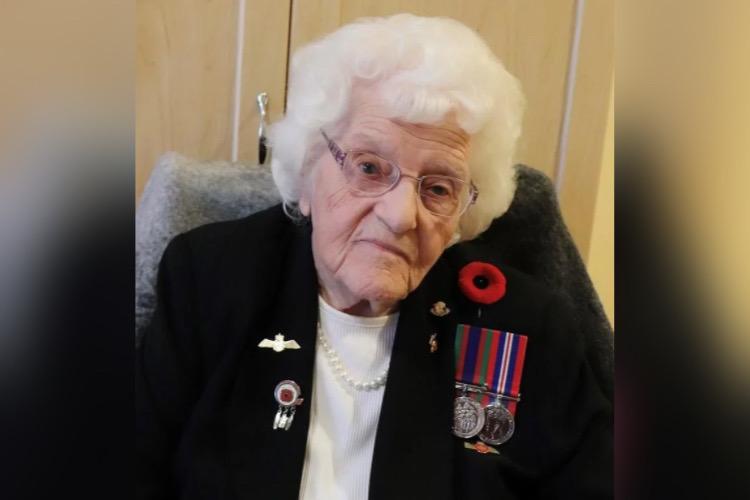The pride in Blanche Bennett’s voice was evident as she vividly recounted the day 80 years ago when she volunteered to serve in the Canadian Women’s Army Corps.
Bennett, who turns 100 on Nov. 12, was just 19 when she signed up in 1942 to become one of the nearly 46,000 women who served their country in the military during the Second World War. She said in a recent interview that she immediately went home and informed her surprised mother of her plan.





